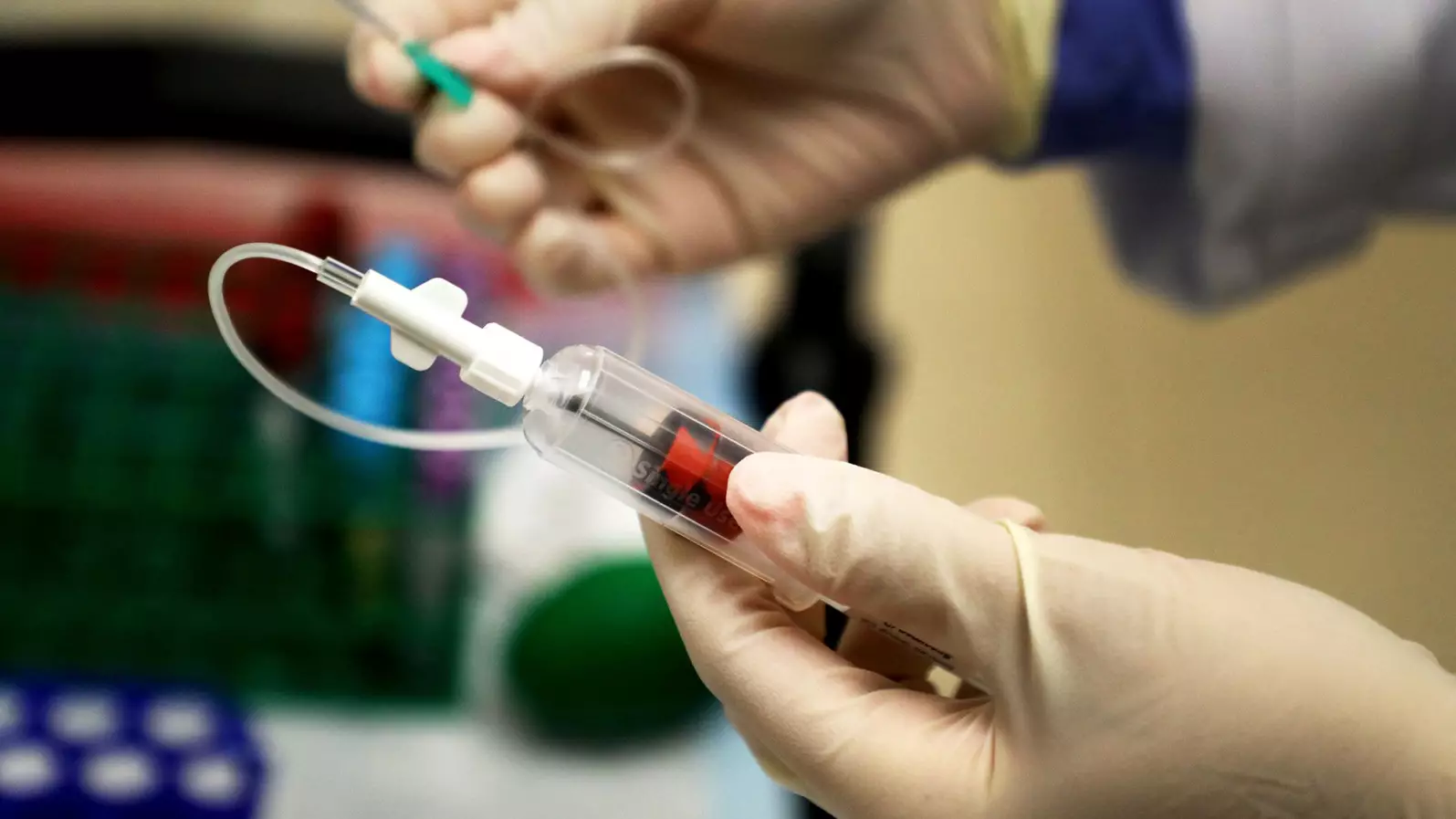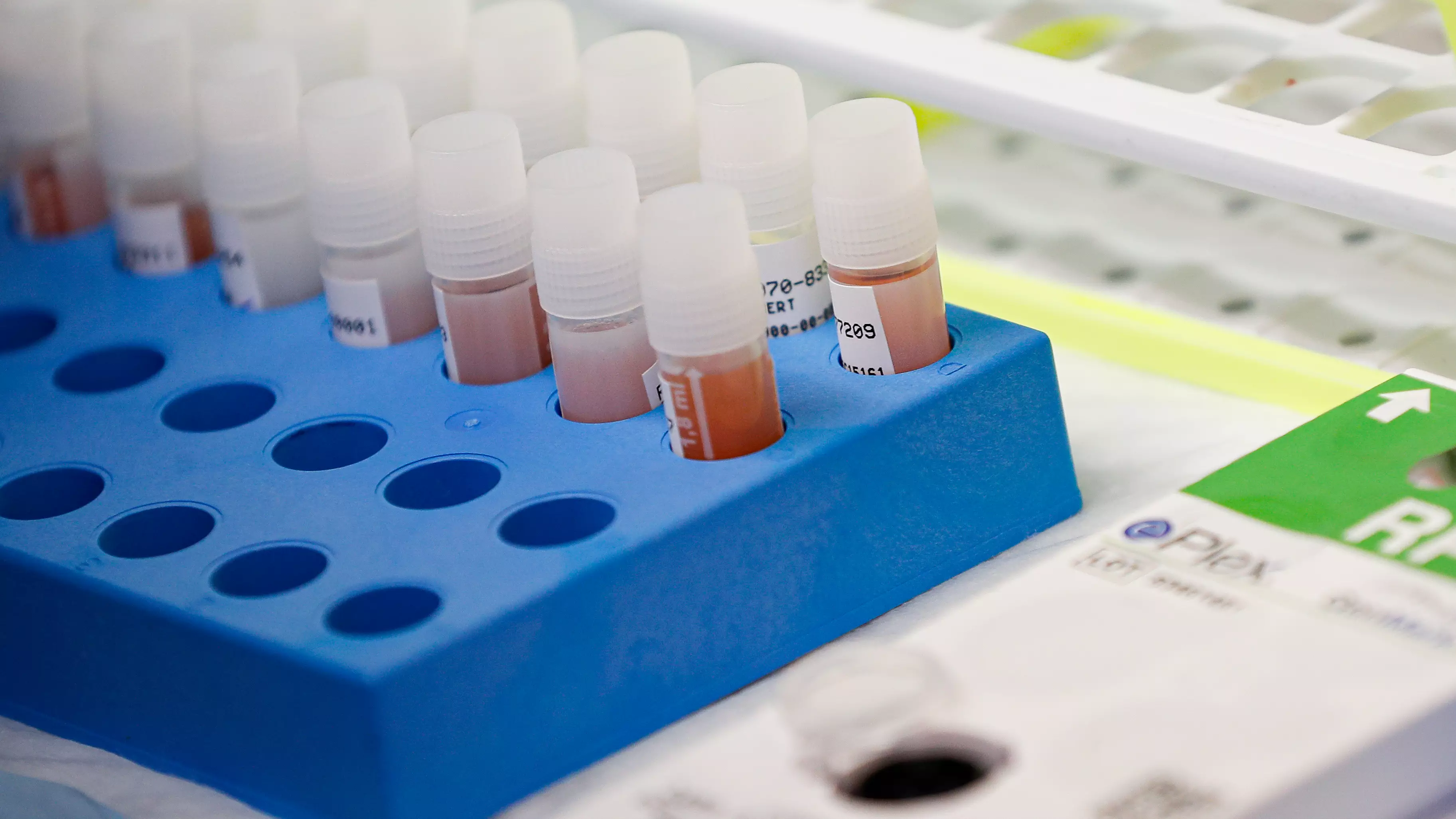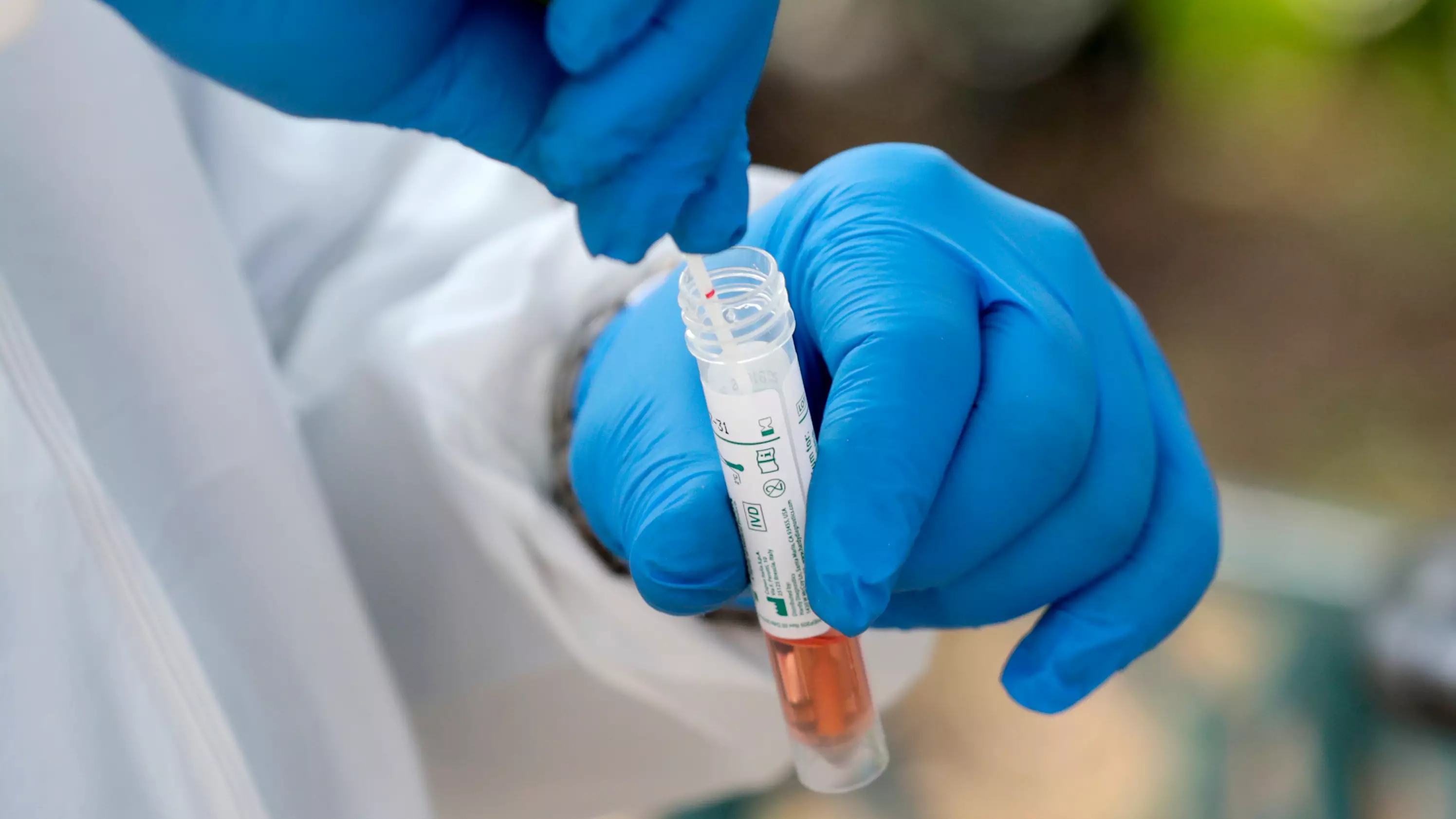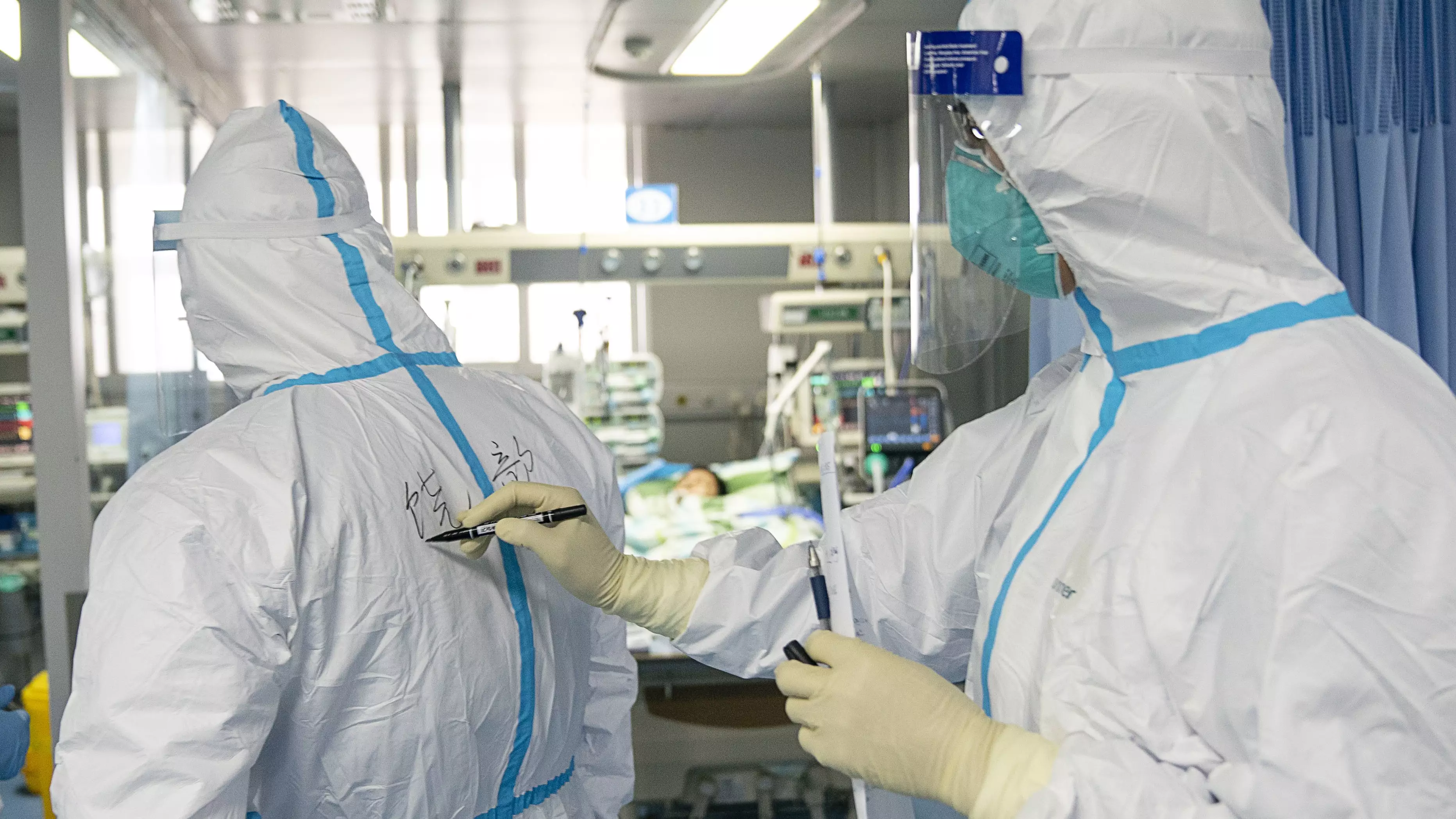
The world's first case of a human being reinfected with coronavirus has been reported by researchers at the Hong Kong's university department of microbiology, in a potential blow to hopes that a vaccine may be able to permanently eradicate the virus.
Genetic sequencing of the virus showed a Hong Kong man was infected twice by different versions of the Covid-19 virus months apart. After initially suffering from a cough, sore throat, fever and headache for three days he was hospitalised on 29 March. Then on 15 August, while returning to Hong Kong returning from Spain via the UK, a secondary case was picked up on screening - although he showed no symptoms this time.
In a statement, the Hong Kong University said: "An apparently young and healthy patient had a second episode of Covid-19 infection which was diagnosed 4.5 months after the first episode.

This case illustrates that reinfection can occur just after a few months of recovery from the first infection. Our findings suggest that SARS-CoV-2 may persist in the global human population as is the case for other common-cold associated human coronaviruses, even if patients have acquired immunity via natural infection.
Advert
"Since the immunity can be short lasting after natural infection, vaccination should also be considered for those with one episode of infection.
"Patients with previous Covid-19 infection should also comply with epidemiological control measures such as universal masking and social distancing."

Although it's important to stress that it's too early to draw conclusions from a single case such as this, the potential impact on how humanity continues to respond to the COVID virus is two-fold. Firstly it suggests that a vaccine may not permanently be able to rid the human body of the virus; secondly it suggests that our own natural immunity will not be enough to see off the virus after we have had it for the first time.
Advert
Reacting to the research, published in the medical journal Clinical Infectious Diseases, Dr David Strain, from the University of Exeter said: "This is a worrying finding for several reasons. The first, as is laid out in this manuscript, is that it suggests that previous infection is not protective. The second is that it raises the possibility that vaccinations may not provide the hope that we have been waiting for."

Strain went on to add: "Vaccinations work by simulating infection to the body, thereby allowing the body to develop antibodies. If antibodies don't provide lasting protection, we will need to revert to a strategy of viral near-elimination in order to return to a more normal life."
There have been numerous reports over the past few months of people getting reinfected with COVID, but what distinguishes this case from the others is the fact that scientists used the genome sequence of the virus to separate the two infections.
Advert
This means that it's easier to see that the patient suffered from two separate infections, as opposed to suffering a relapse from a single infection.
Nevertheless, other experts have urged caution on the findings, with Dr Simon Clarke, associate professor in cellular microbiology at the University of Reading, saying: "The significant thing here is that being reinfected with a mutated strain demonstrates that it is more likely to be reinfection, rather than the same infection that has hung around because the virus has not actually been got rid of, as some people have suggested happens.
"The finding of a mutant strain is absolutely nothing to be shocked or surprised by, it would actually be more interesting if there were no mutations cropping up."
Featured Image Credit: PATopics: World News, Coronavirus, Health